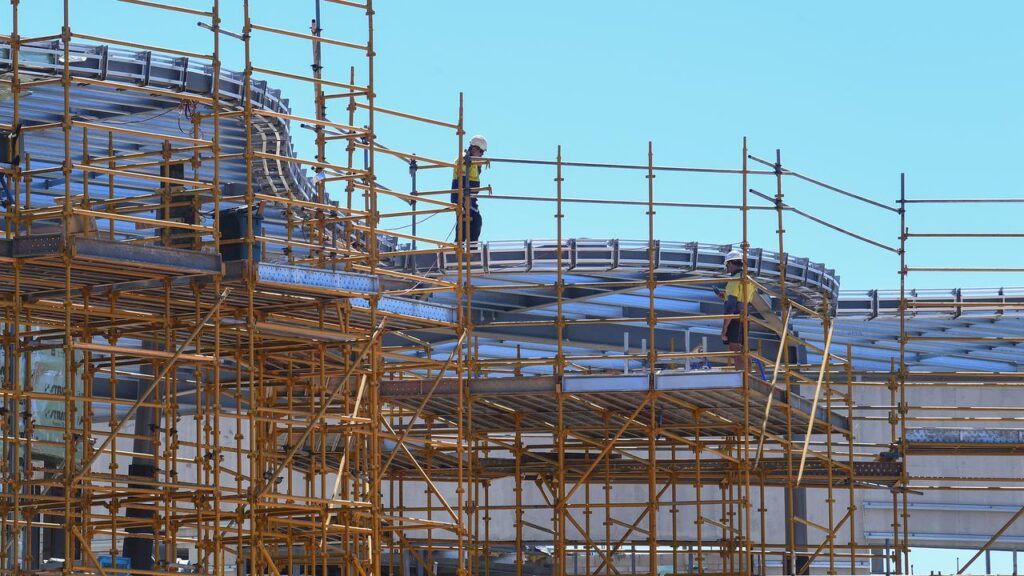Faster approvals considered in nature law overhaul
Zac de Silva |

Housing, energy and infrastructure developments could be fast-tracked in some areas and blocked entirely in others under a major overhaul of Australia’s planning rules.
The federal government is promising to enshrine “regional planning” in national law, allowing officials to consider the combined impact of developments in a particular area, instead of looking at them on a case-by-case basis.
Environment Minister Murray Watt will use an address to a green energy conference to unveil the planned reforms.

“For the renewable energy sector that means faster yeses and faster nos, while still ensuring that community and environmental concerns about potential projects are being managed carefully,” Senator Watt will tell the Smart Energy Queensland conference in Brisbane.
A major review of the nation’s environment laws, completed in 2020, found regional plans would give developers and communities more certainty about where construction can occur and where it cannot.
Labor promised to introduce nature reforms into parliament by the end of 2025, in the hopes of speeding up approvals for housing and energy projects while also better protecting sensitive ecosystems.
The government tried to get similar changes through parliament in 2024 but ran into difficulties in the Senate, where it does not have a majority.
Business groups have long called for an overhaul of Australia’s environmental protections, to get major projects approved more quickly.
“We know that business needs to plan with certainty if it’s to have the confidence to invest,” Business Council of Australia chief executive Bran Black told his organisation’s annual dinner on Monday night.

He argued the backlog of projects waiting for approval could put the nation’s transition towards clean energy, and its goal of net zero emissions by 2050, at risk.
“The significant capital investment required (to achieve Australia’s climate targets) will amount to nothing if it gets bogged down in the current approval delays,” he said.
Greens leader Larissa Waters will also address Smart Energy conference, urging the government to adopt an ambitious emissions reduction goal for 2035.
Labor needs to submit its next target to the United Nations by the end of September, and is widely tipped to select a range somewhere between 65 and 75 per cent.
The Greens are urging the government to choose a target at the upper end of that range.
“With a high Australian target, we all win with a safe climate and new economic opportunities open up,” Senator Waters will tell the conference.
AAP